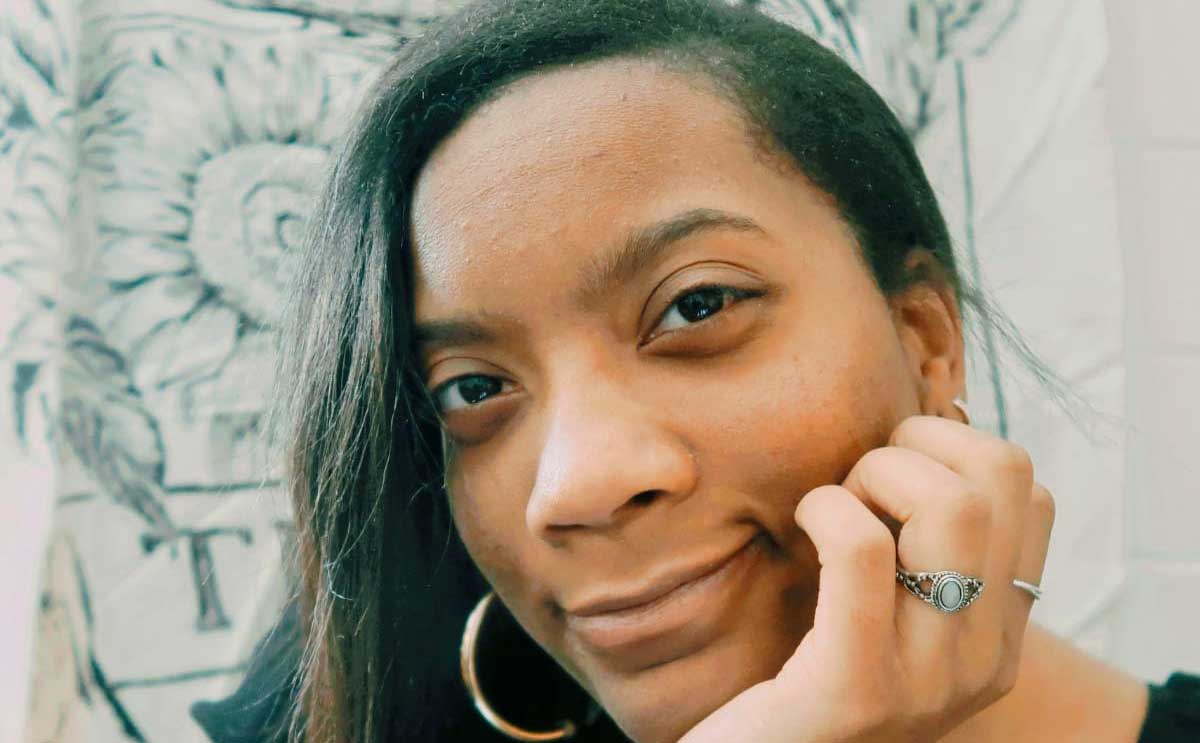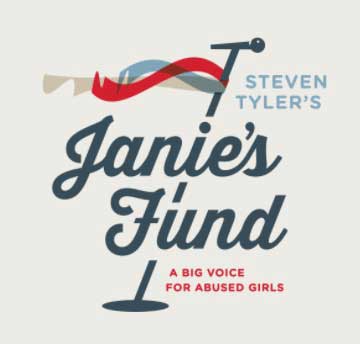
By Elina Morrison
Advisory Council
Dear 17-year-old Elina,
At this time in your life, you are angry and sad, and things feel beyond repair. It’s October of 2017, and you have been placed in the foster care system for the second time in your life. While most of your peers are applying for early college decisions, you transition into a group home and switch high schools altogether. Many things are on your mind: among them are shame and fear of the unknown, but I know primarily you are thinking of survival. You are selfish and acting out, but you’re telling yourself it’s OK to behave this way because you are hurt and young and you don’t deserve any of it. But things changed. And I am going to tell you how it happened.
Sincerely, Elina, 2021.
When things get hard, many of us turn to the closest things to help us escape. I was lucky. The closest things to me were books, and I read every single book I could get my hands on, cover to cover. This passion for reading saved me from my darkest moments and set me up for success. School was a refuge from the violent turbulence I felt at home, and it was my most significant source of validation. It was the first and — for a long time — only place where I heard things like “good job, Elina,” or “well done!”
I loved the feeling of butterflies I’d get in my stomach when I got a 100 on an assignment marked in green or a purple smiley face next to my name. As I got older in school, having my name on the honor roll, or being called on repeatedly by teachers was an adrenaline rush. I felt seen in ways that I did not at home. Thanks to shows like Boy Meets World and A Different World, I knew what college was, but I never thought it was something I could achieve. No one at home asked me about studying for college entrance exams, and no one asked me about a potential major. I was envious of those lucky enough to dream about their futures as I tucked my head away in books or flat out lied out of shame.
When I got placed into foster care for a second time, college felt even further away for me. Until, a teacher at my new school encouraged me to apply and offered to write my recommendation letters. I looked at going to college differently than my peers. Sure, I would learn new things but most importantly, it would help me meet basic needs.
College was a place where I would have access to a bed, hot meals, and a health center within walking distance for four years. Because of a program in my state, N.C. Reach, and being a foster youth, I could go for free. I had no understanding of the gravity of this offer. I just thought it sounded good and I knew I loved school, so I took the chance to apply and found myself at the University of North Carolina – Asheville.
At first, it was hard to find my groove. I was balancing the excitement of experiencing absolute freedom and unlimited curiosity while also being sad that I didn’t have parents to share this journey. I was still stuck in a survival mindset. I remember signing up for a study abroad trip to China because it gave me stability – housing and support – over the summer break.
Soon, I caught fire. Traveling abroad and getting involved in student organizations broadened the lens through which I viewed myself and the world. Over time, I began to reflect more deeply on my interests and experiences in the child welfare system and saw how I could make an impact, both on campus and off. And, boy, did I do just that.
I served as co-president for She’s the First, where I helped raise awareness for educational equity for all young women and girls. I held multiple leadership positions within the student government association to solve student needs collaboratively. I co-founded the University of North Carolina’s first undergraduate human rights research journal and resurrected our chapter of Amnesty International.
Off-campus, I volunteered at the U.S./Mexico border to help migrants obtain resources for their travel; conducted independent research on public housing in Chicago; and completed a prestigious research fellowship at Princeton University on public policy and international affairs. Those are just some of the amazing things I accomplished over my four years.
Education has always been my saving grace. And I am lucky that I had a support system that recognized and affirmed that in me and tailored my sessions and skill-building around my goals. But I know my story is an exception, not the norm. According to “Fostering Success in Education: National Factsheet on The Educational Outcomes of Children in Foster Care” only 3 – 10.8% of foster care alumni will attain a bachelor’s degree. I imagine the percentage of those who continue to graduate school is much lower. I recognize that I had key needs met for me to obtain my goals:
I had mental health care access to allow me to face the root trauma of my childhood. I found a core group of friends who I could trust and rely on to find joy and community outside of the classroom. I also found mentors in professors who I could learn from and get advice on career avenues and general adulting. I worked with Youth Villages as a participant in the LifeSet program and as a YVScholar, where the people on my team listened when I spoke. They challenged me to grow and always shared new resources and opportunities with me. And lastly, I had stable housing that I could call my own.
That was my roadmap. And it worked, because I was in the driver’s seat and had access to support when I needed it. The goal in sharing my story isn’t to persuade more foster youth to go to college or to graduate school but to get more youth in control of their lives. Maybe a traditional four-year college pathway isn’t for you, and instead, you’re interested in vocational study or a trade, entrepreneurship, technology and innovation, or freelance work. Whatever it is, I urge you to claim your power. Please stay curious, and demand support when you need it, because you deserve it, and because it is there.
For people who work in the system, I need you to lean in. There is no one-size-fits-all approach to care for youth, especially for those in extended care and who are aging out. We sit at a unique place in our lives, a stage that is complicated by social media that ironically can make us feel lonelier than ever. Early adulthood –18, 19, 20, 21 — ironically, these are the ages ripe with exploration and yet some of you expect us to have answers to questions most of our peers aren’t even thinking about yet. We tend to reserve our patience and kindness for younger youth, but I promise you, older youth need those things as well.
Being in the foster care system has come with trauma I will carry with me for a while. But the good that it did do situated me in the policy world before I even knew what policy was.
I can’t think of another demographic other than foster youth who sit so perfectly at the intersection of all other public policy issues that impact our livelihood — from transportation to food, from employment to education, from housing to health care, and everything in between. That I am choosing to pursue a career that is synonymous with service comes as no surprise.
I am grateful for everyone who has helped me along the way, and of course, I am proud of everything I have accomplished. But I am also equally excited about the youth around me, who are carving out their paths from situations that seem impossible.
I see you. I celebrate you, and I cannot wait to see how we change the world together.
Elina Morrison graduated from the University of North Carolina – Ashville in June with dual bachelor’s degrees in English Literature and International Studies and double minors in Human Rights Studies and Economics. This fall, she will attend the Gerald R. Ford School of Public Policy at the University of Michigan on full scholarship. She’s continuing a journey that would have been impossible for 17-year-old Elina to even imagine.
